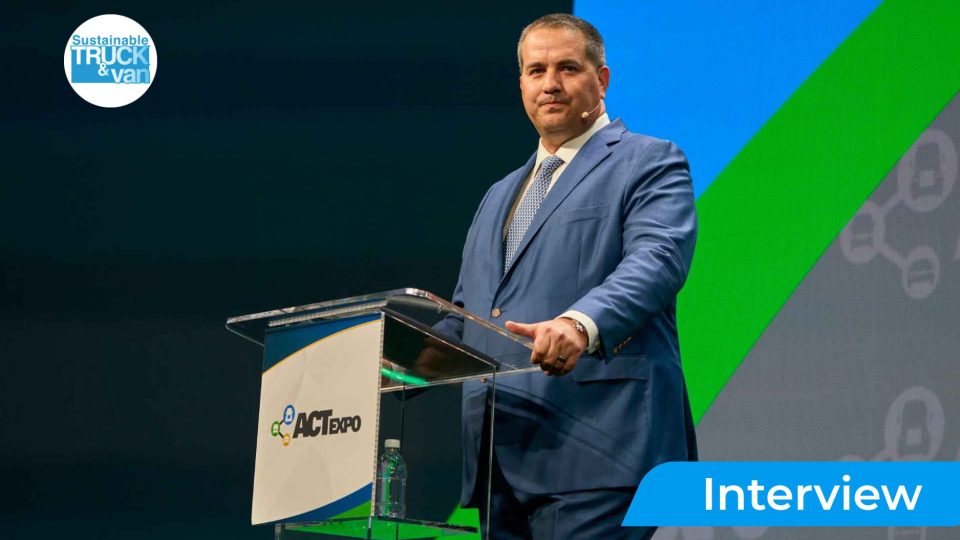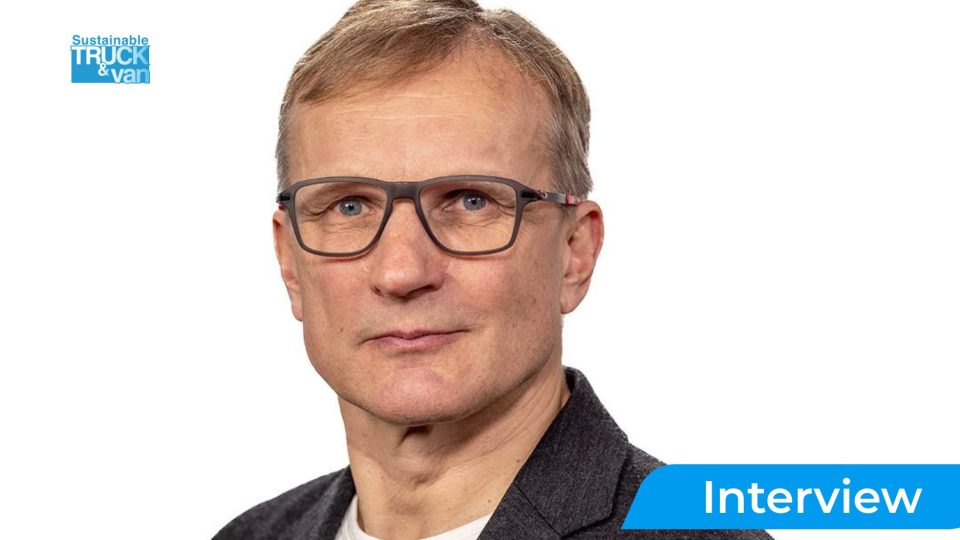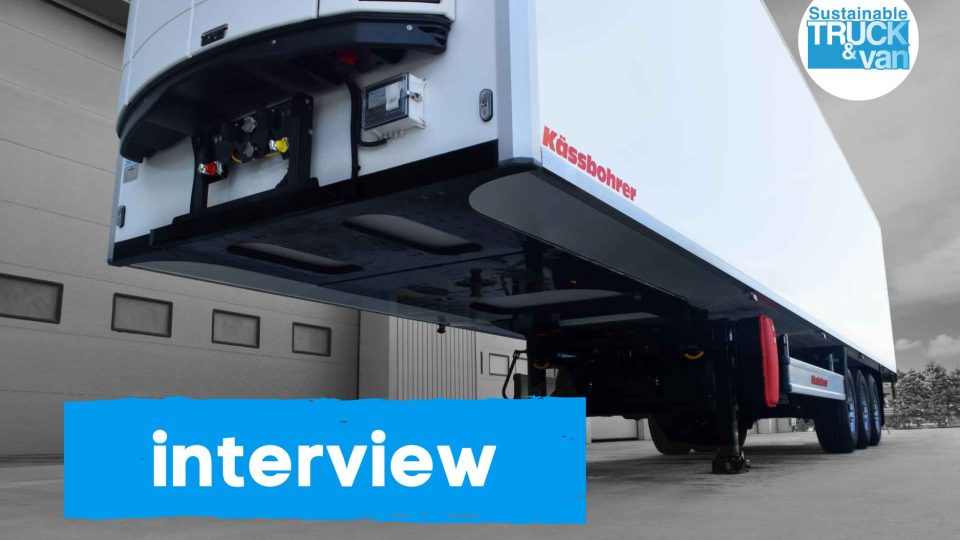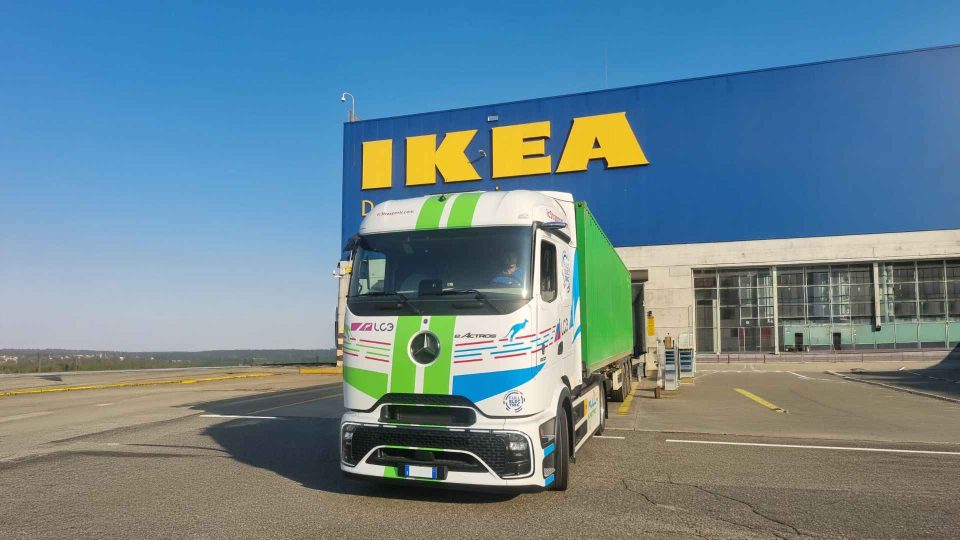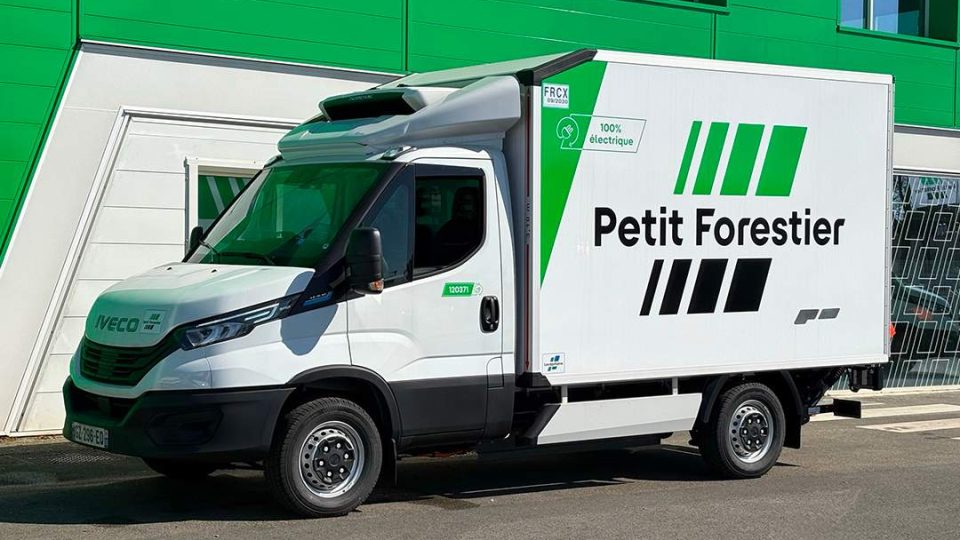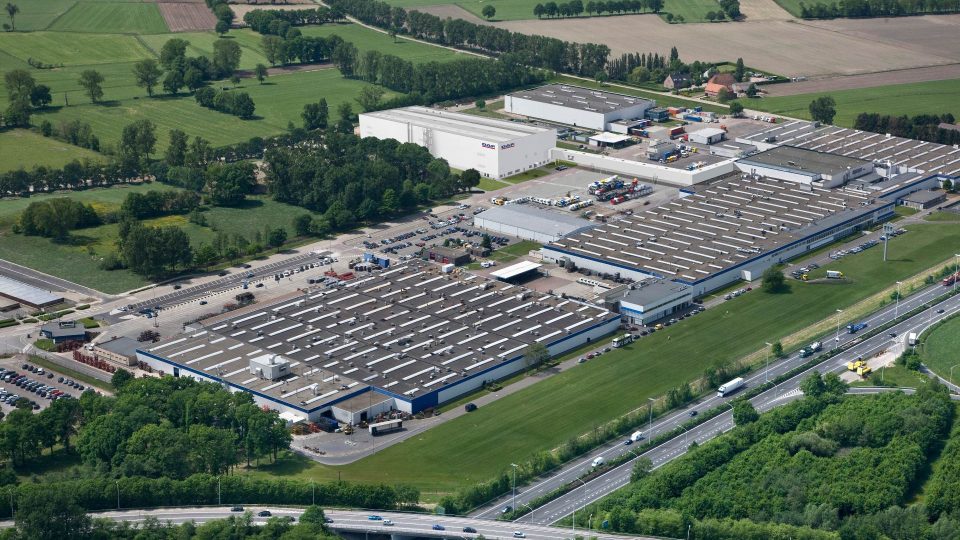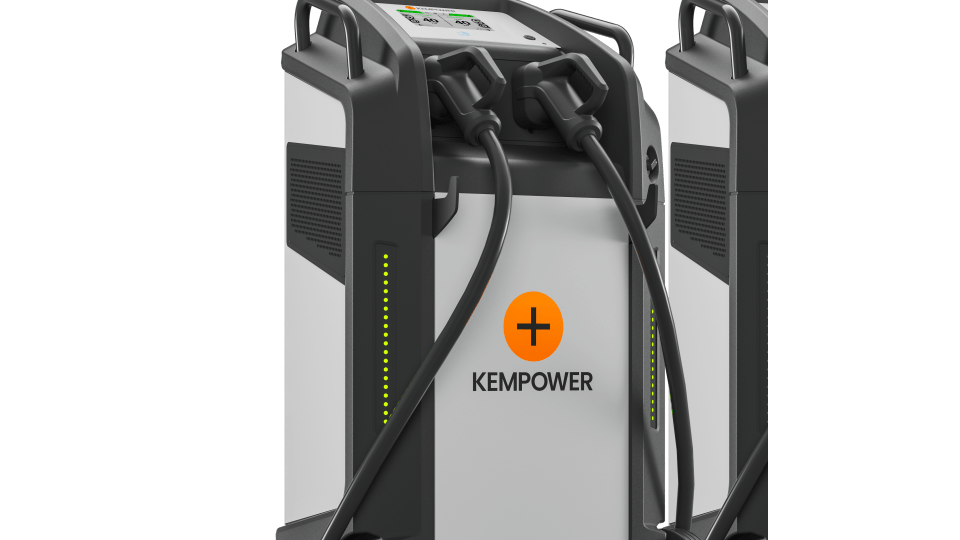[VIDEO] Scania to use fossil-free SSAB steel for its trucks from 2030
SSAB Fossil-free steel is manufactured using the HYBRIT technology, which replaces the coking coal traditionally used for iron ore-based steelmaking with fossil-free electricity and hydrogen. The by-product is water instead of carbon dioxide.
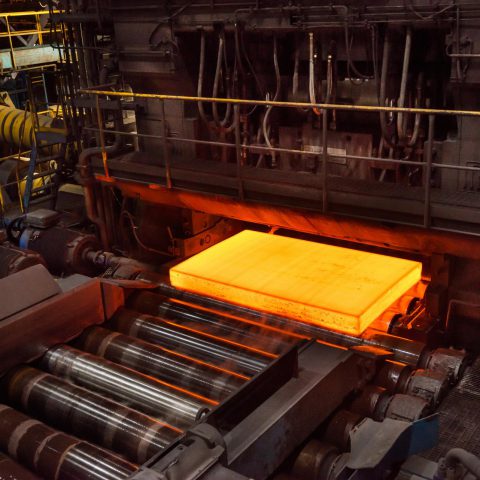
Scania and Swedish steel producer SSAB have signed a letter of intent to decarbonise all steel deliveries from SSAB to Scania’s heavy-duty vehicles in 2030. Indeed, the other Swedish truck manufacturer Volvo announced a similar collaboration earlier this year.
Scania has outlined an industry-leading strategy to, by 2030, significantly reduce the carbon emissions within four “hotspots,” constituting approximately 80 percent of the supply chain emissions: batteries, steel, aluminium and cast iron. SSAB plans to deliver its Fossil-free steel to the market at commercial scale in 2026 and for its operations to be largely fossil-free around 2030. SSAB Fossil-free steel is manufactured using the HYBRIT technology, which replaces the coking coal traditionally used for iron ore-based steelmaking with fossil-free electricity and hydrogen. The by-product is water instead of carbon dioxide.
Statements from Scania and SSAB on fossil-free steel agreement
“I’m glad and proud that we have reached this agreement. Scania’s purpose is to drive the shift towards a sustainable transport system. To fulfil that purpose, we take action across the value chain together with partners as SSAB, who is at the forefront in the transition to a sustainable steel industry,” declared Christian Levin, CEO at Scania.
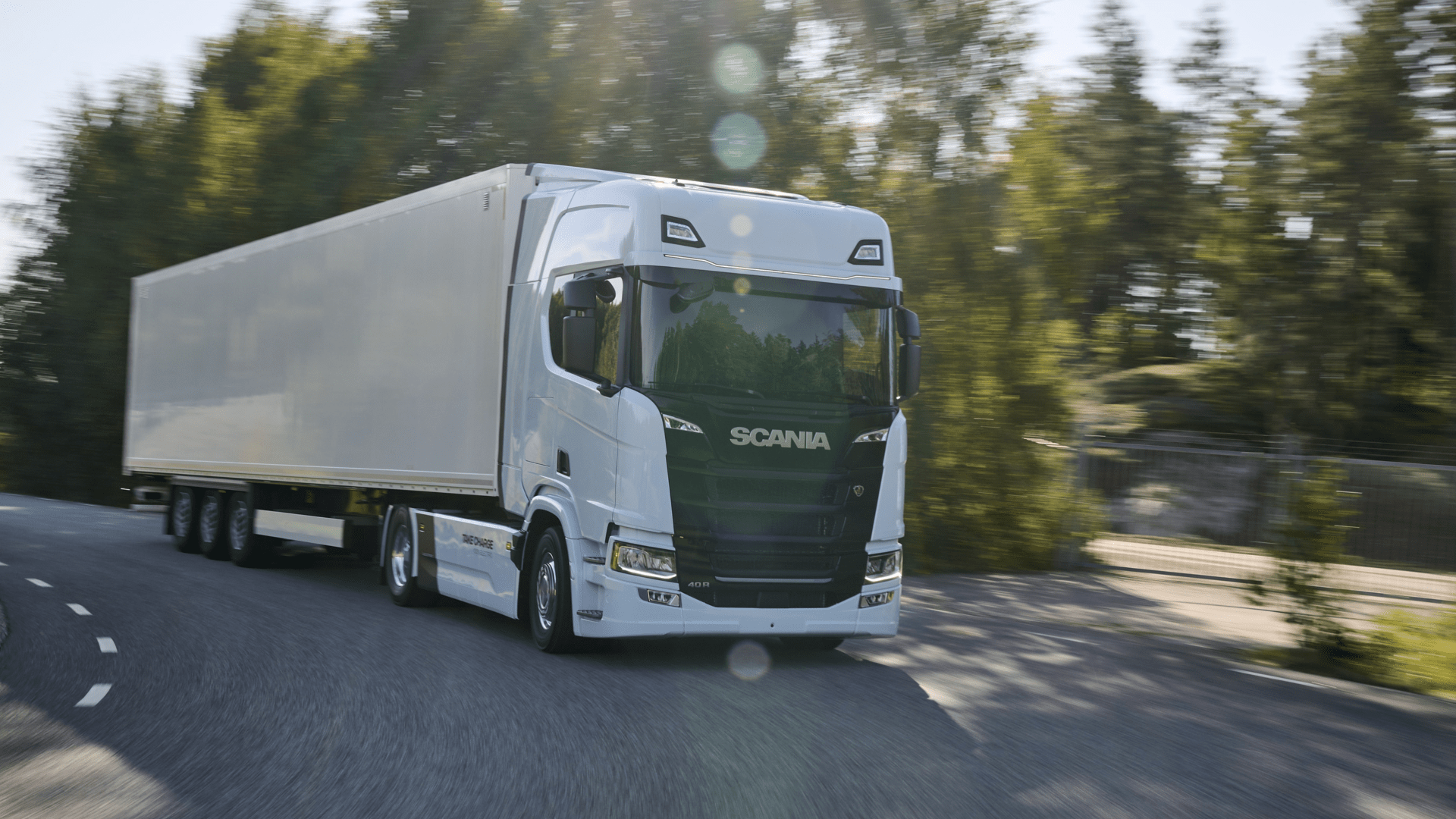
“We are truly looking forward to ramping up the deliveries of our fossil-free steel, thereby contributing to more sustainable value chains. Fossil-free steel will be a game-changer in heavy transport. It has the same high quality and technical properties as traditional steel. And, while being produced in a sustainable way, it can also be recycled just like steel has always been,” added Martin Lindqvist, CEO at SSAB.



